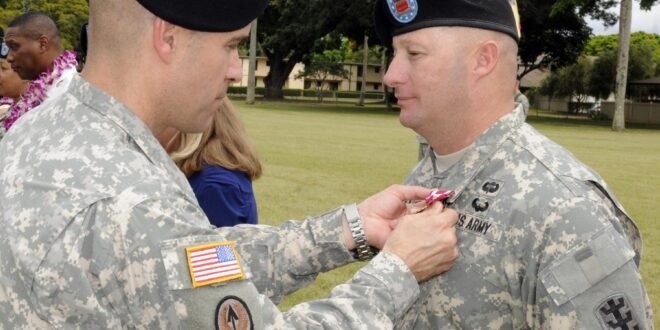Recognition of Health Workers During Conflict
Dr. Nawara Abu Mohamed, a member of the Transitional Sovereignty Council (TSC), has acknowledged the vital contributions of health workers during the Battle of Dignity, one of the most critical conflict zones in Sudan. Her commendation highlights the essential role these professionals play in delivering medical care to citizens amid ongoing challenges.
In addition to their efforts on the battlefield, Dr. Nawara also recognized the significant humanitarian and health assistance provided by medical personnel in safe displacement areas. This acknowledgment underscores the broader impact of healthcare workers beyond traditional clinical settings, especially in regions affected by conflict and displacement.
Visit to Kassala Teaching Hospital
On Saturday, Dr. Nawara visited Kassala Teaching Hospital, accompanied by Kassala State Wali Maj. Gen. (Rrd) Al-Sadig Mohamed Al-Azrag and the state’s Minister of Health. The visit took place in the presence of key officials who emphasized the hospital’s role as a critical healthcare provider for individuals from various war-affected states across Sudan.
The hospital is considered a reference center for several medical specialties, including intensive care, dialysis, and oncology. During her visit, Dr. Nawara praised the dedication of hospital staff in providing medical services to displaced individuals, highlighting the importance of such facilities in times of crisis.
Addressing Challenges and Deficiencies
Dr. Nawara pledged to collaborate with the state government and relevant authorities to overcome the obstacles currently facing the hospital. These challenges include infrastructure limitations and resource shortages that hinder the hospital’s ability to serve patients effectively.
During her inspection, she received a detailed report on the deficiencies within specific departments, including the intensive care unit, dialysis center, oncology center, and oxygen production unit. These reports are crucial for identifying areas that require immediate attention and investment.
Hospital Director’s Perspective
Amal Mohamed Ahmed, the director of Kassala Teaching Hospital, explained that the facility serves as a reference point for many Sudanese states, particularly in specialized medical fields. She noted that the TSC Member’s commitment to addressing administrative barriers could significantly enhance the hospital’s capacity to meet the needs of its patients.
This pledge reflects a broader effort to ensure that healthcare institutions can function optimally, even in the face of adversity. By working together with local authorities and other stakeholders, the TSC aims to strengthen the healthcare system and improve access to essential medical services.
Importance of Healthcare Infrastructure
Healthcare infrastructure plays a crucial role in maintaining public health, especially in regions experiencing conflict or natural disasters. The challenges faced by Kassala Teaching Hospital illustrate the need for sustained investment in medical facilities to ensure they can respond effectively to emergencies.
As the situation in Sudan continues to evolve, the importance of robust healthcare systems becomes increasingly evident. The efforts of health workers and the support from leadership bodies like the TSC are essential in ensuring that no one is left without access to critical medical care.
Conclusion
The recognition of health workers’ contributions and the focus on improving hospital infrastructure highlight the urgent need for coordinated efforts to address the healthcare challenges in Sudan. With continued support and collaboration, medical facilities can better serve their communities, ultimately saving lives and promoting recovery in affected areas.
 Info Malang Raya Its All About World News
Info Malang Raya Its All About World News




